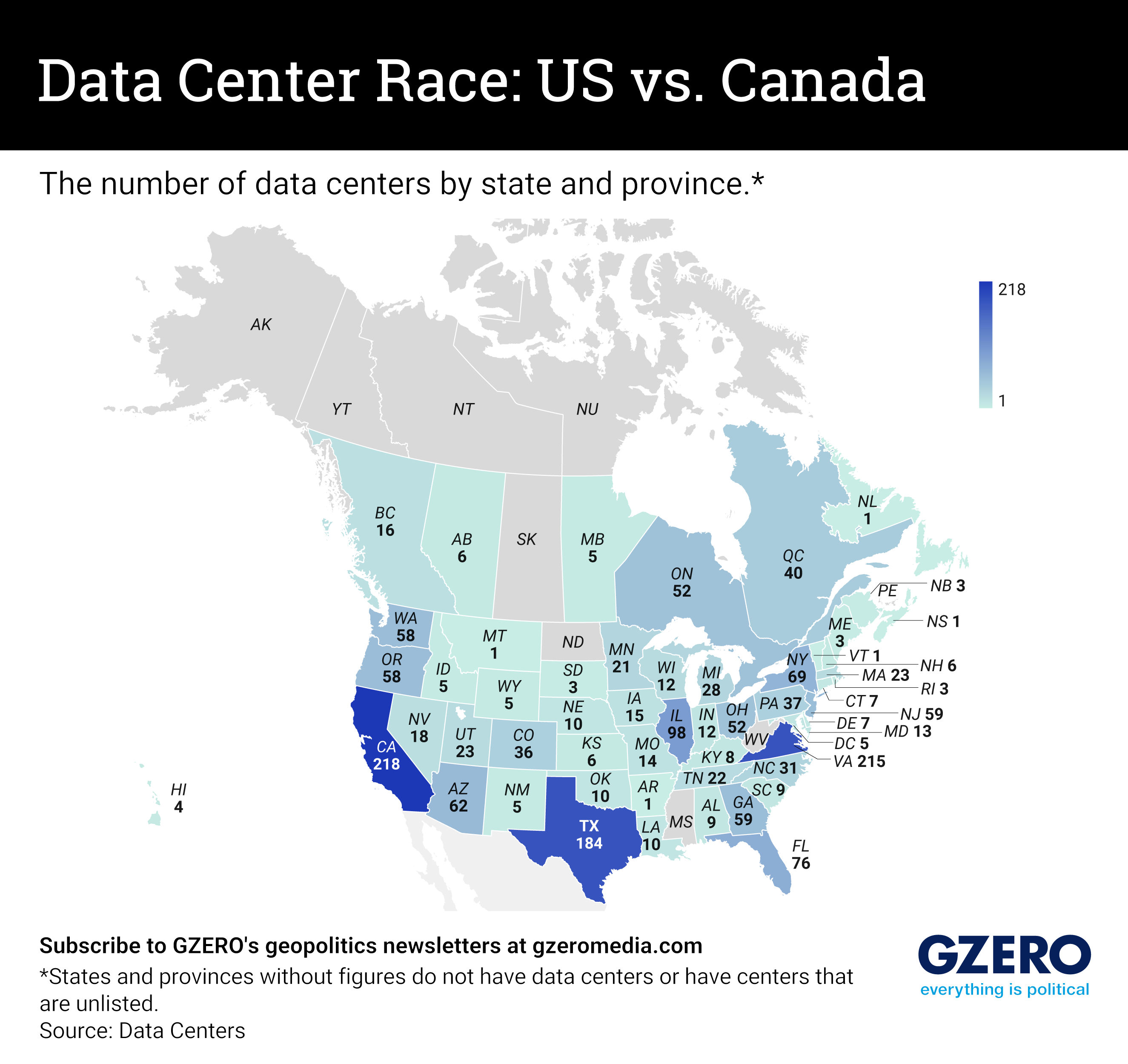Data center construction was already on the rise, but thanks to the tech world’s new crush on artificial intelligence, there’s been an acceleration worldwide.
Data centers are the digital infrastructure that most of the world has come to depend on – so much so that they now account for over 1% of the world’s electricity use. Governments, businesses, and everyday folks have come to rely on these facilities for data storage, management, security, and so much more.
But everything comes at a cost. And for data centers, it’s the climate. Data centers require a constant and immense inflow of energy to support operations. Their high energy consumption has been linked to increases in greenhouse gas emissions, water usage (for cooling purposes), and exacerbating the energy crisis.
Companies like Microsoft and Google – front-runners in the AI race – have had to step back on energy pledges set before the AI boom and have been redirecting resources into the construction of new data centers to stay competitive. Microsoft, for example, seeks to double its number of data centers (and its carbon footprint).
Double-edged sword. Revolutionary advancements in technology and AI can be attributed to the growing number of data centers, but so can worsening climate conditions.
